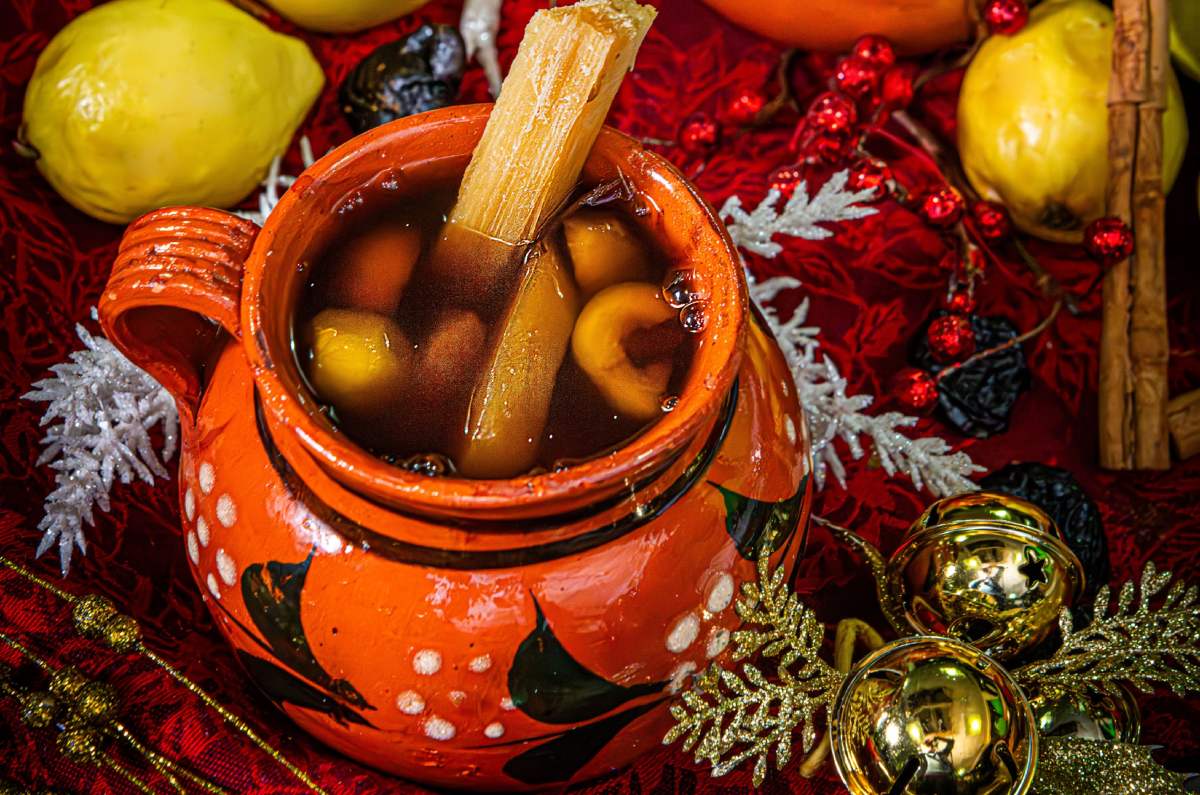
Ustedes no son mojados, my parents would say – as in “wetbacks,” “illegal immigrants,” “undocumented aliens,” which ironically a lot of people just assumed we were. Especially when we were with either one of them, knocking at doors asking for housekeeping jobs, hopelessly trying to translate in horrible mochismos in both languages, or trailing around, rank and file, all seven of us behind them. We were a brood… a litter really, “one for all and all for one.” So why couldn’t we work just as hard as they did at the same jobs they did?
It was all so confusing to me back then.
I looked up to them. I wanted to be like them. They were my whole world. As far as we’d always been told as long as we earned our living honradamente it didn’t matter where we were working. But now that we were getting older the rules were changing on us. It wasn’t enough to be a techero, a yardero, a construction worker, or even a cashier. We needed to set our sights higher. It wasn’t that we had a choice. It was that it was going to happen, whether we wanted it to or not.
Ustedes estudiaron aquí, ¿cómo van andar trabajando como burros? Eso sólo uno que no tiene estudio.
Their words made sense, but then all those times that I had gone with my mom to clean houses before I was old enough to go to school, the summers she’d forced my dad to take us to Mr. Roof so we could “see” what it was to work hard, the years my sisters spent cleaning office buildings in their teens, the times they’d encouraged me and my brothers to canvas neighborhoods looking for yard-cutting jobs, was that all wrong? And what was so bad about being a mojado anyway? I mean we did understand that there was a negative air to being called a mojado – we had years of running to hide from La Migra in our closets to confirm that – but that was who we were!
My cousins, my parents, my uncles, even some of my siblings had been or were mojados and in spite of it they all seemed pretty happy. They were living full lives. Sending money back to their families, progressing from sharing an apartment to having their own, getting married, having children born in America like me, and when they would come over they filled our home with so much happiness. Why were we conforming to what other people thought about what we were?
That question haunted me.
I’d be lying if I told you I can pinpoint the exact moment when their words began to make more sense to me, but eventually they did. It became clear to me. They had pushed and struggled as hard as they could to get to where they were and now it was my turn. My turn to take it up a notch and push the next generation of mojado-descendants to the next step of our shared journey. I still don’t think of mojado as a bad word, yet I am very excited to see where our kids are going to take our “American dream” next.



3 thoughts on ““Mojado” – The Word We Were Supposed To Be Ashamed Of”
No dejas de sorprenderme Compadrito; tu capacidad para tomar algo “negativo” y transformarlo en parte importante de tu identidad, tomar lo valioso de ese viaje y reconocer los regalos que hoy en día eso les ha traído. Me dejas sin palabras y te admiro cada día mas.
Hoy en el día de la Independencia de México, deseo que ese sueño americano sea cada vez más posible para los que no tienen la posibilidad de irse, que sea un sueño mexicano, que el sueño que tengamos lo podamos hacer realidad sin importar la geografía. Viva México y los Mexicanos del mundo!
Gracias, Sue! Tus palabras y sentimientos siempre tan hermosos. Creo lo de ver lo positivo en las cosas se lo debo en realidad a mis padres. Por mas mal que nos haya ido ellos nunca se dieron por vencidos ni bajaron la cabeza. Nos educaron sobre la dignidad en todo lo que es y hace uno y por eso pues nunca les podre terminar de agradecer. Reitero tu mensaje – Viva Mexico y los Mexicanos del mundo!!
People who go to any extremes to find an honest job and build a decent life must not be ashamed of anything. They have the guts others don’t.